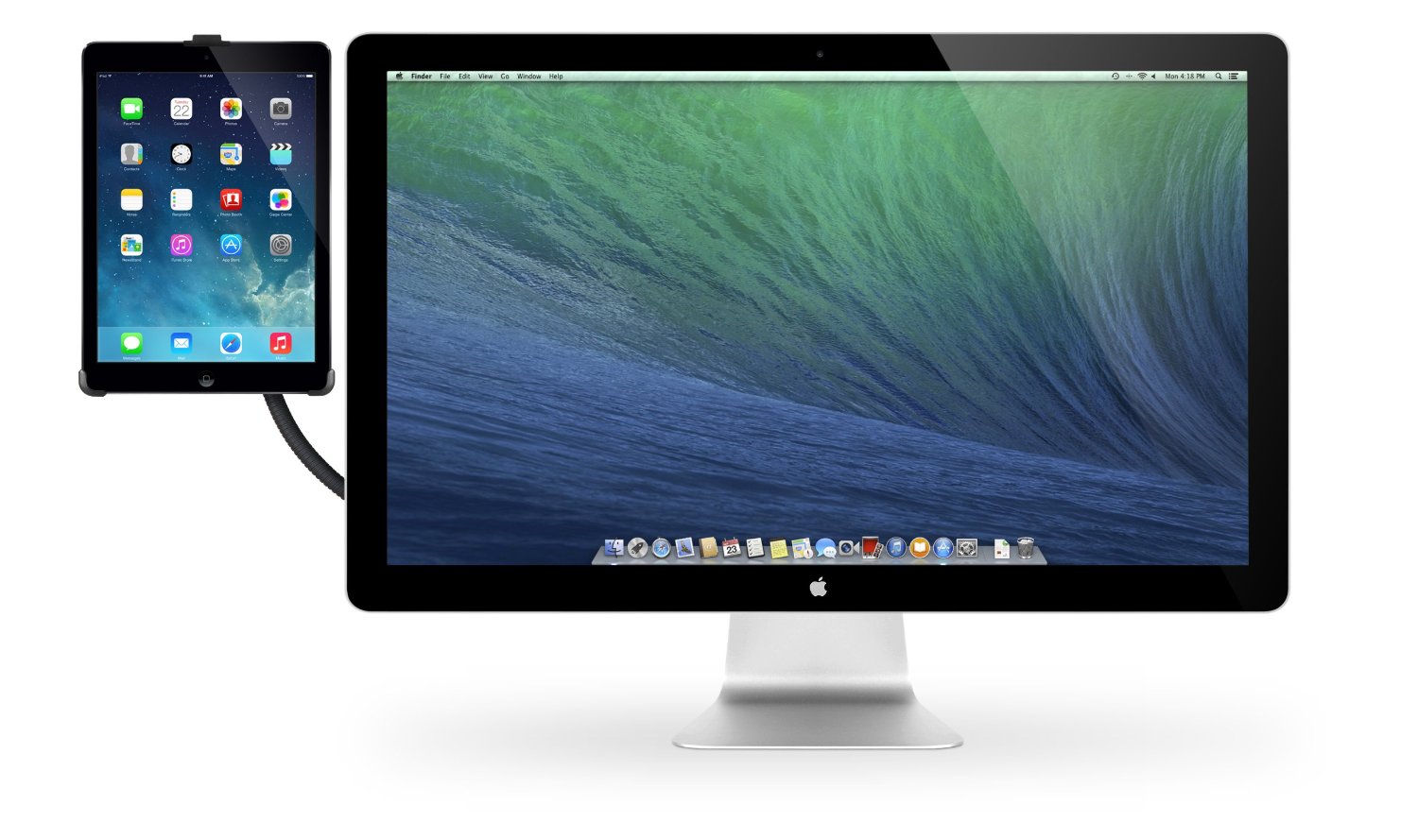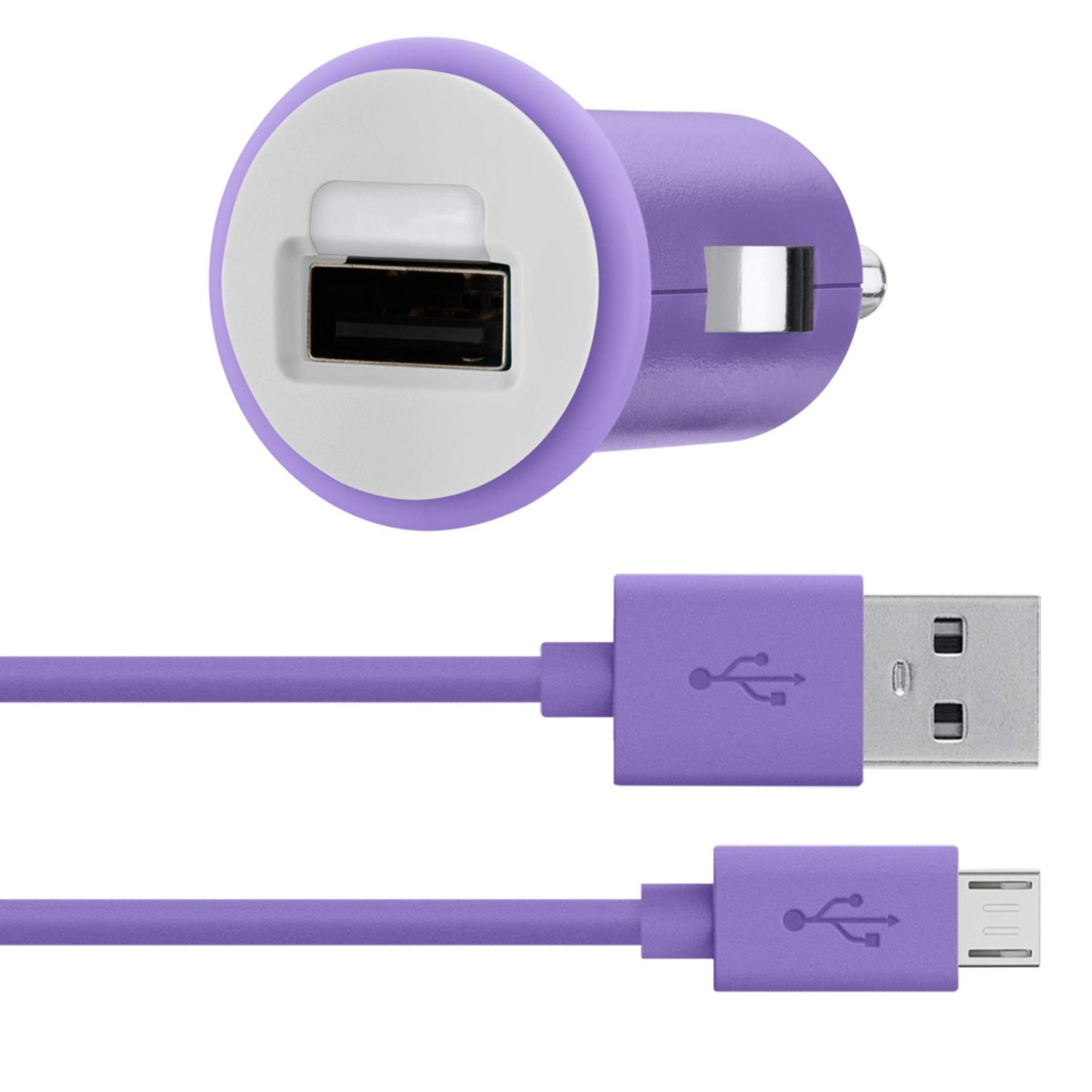What We Learned from Amazon Pedophile-Gate
3
Amazon prepared for the holiday shopping season in the best way possible. It managed to rile up many of its customers by allowing a pedophilia for dummies type of book to reach Kindle store. Even though people were outraged by the book, it seems many took the time to buy it, helping it to reach the top 100 list on Amazon (while helping the author make some cash in the process). By defending its action, Amazon did open a can of worms:
Amazon believes it is censorship not to sell certain books simply because we or others believe their message is objectionable. Amazon does not support or promote hatred or criminal acts, however, we do support the right of every individual to make their own purchasing decisions.
Amazon’s own policy gives the company the right to remove objectionable content from its store. While Amazon’s dedication to protecting the freedom of speech is admirable, this was the wrong opportunity for Amazon to demonstrate that. The backlash has been so severe that even Diapers.com (which Amazon will soon acquire) had to post this update on its Facebook page:
Hi Everyone. While our parent company has been purchased by Amazon.com we have NO control over what is sold on their site. If there are any complaints or concerns please send them to Amazon.com
Unlike many other bloggers, we do not intend to boycott Amazon nor do we believe the company made this mistake intentionally. The response was unnecessary. Amazon should have probably done a better job catching this book (considering that the author provided Amazon with a disgusting description and a provocative book cover).
Amazon defending freedom of speech was certainly courageous. But Amazon chose the absolute worst time to defend its actions. When emotions are running high, people just want some action to be taken (just like 9/11 and the Iraq war debacle). Amazon should have understood that. Here are a few things we learned from this episode:
- Freedom is messy: we have always been against companies censoring the products they offer. When a company allows all kinds of content to make it to its store, there is a good chance some of them turn out to be disgusting products. Consumers are in control. In this case, consumers helped the book reach the top 100 list in Kindle store. What does that tell you?
- Amazon picked the wrong time to stir the pot: timing is everything when trying to make a point. Amazon defending its actions while it all seemed like a big mistake was pushing it too far. Amazon seems to have had an organizational breakdown in communication this time around.
- People still don’t read: I have not read the book. But I have seen passages of it on a few blogs. Did all the people who left negative messages on Amazon seconds after the news about it broke out actually read the book?
- Amazon’s review system needs work: this has been a big issue for Amazon for quite some time. Fake reviews are still very real. People leaving negative comments on political books without even reading them has been going on for a long time. The reviews section on Amazon.com should not be a platform to make political points or show outrage with a product people have not even bought.
- A can of worms has been opened: Amazon will survive this. But it will most likely implement tighter controls for its Kindle store. There are plenty of other controversial books available in that store. Where does Amazon draw the line?
What’s your take? Will you boycott Amazon over this?










